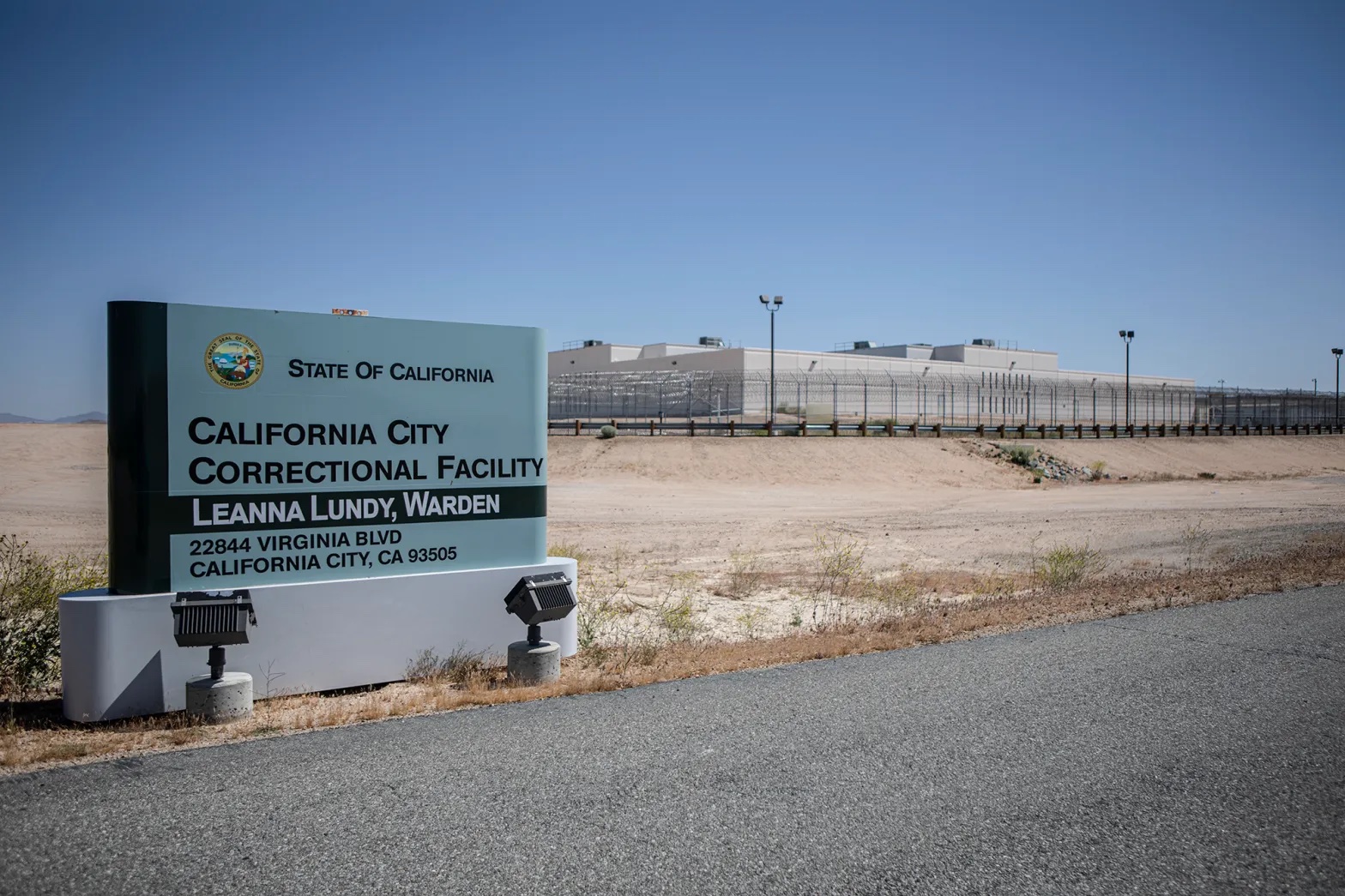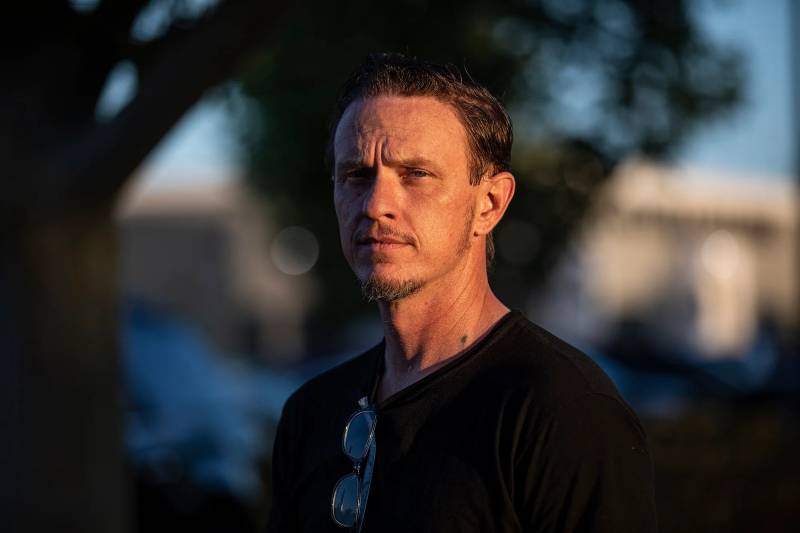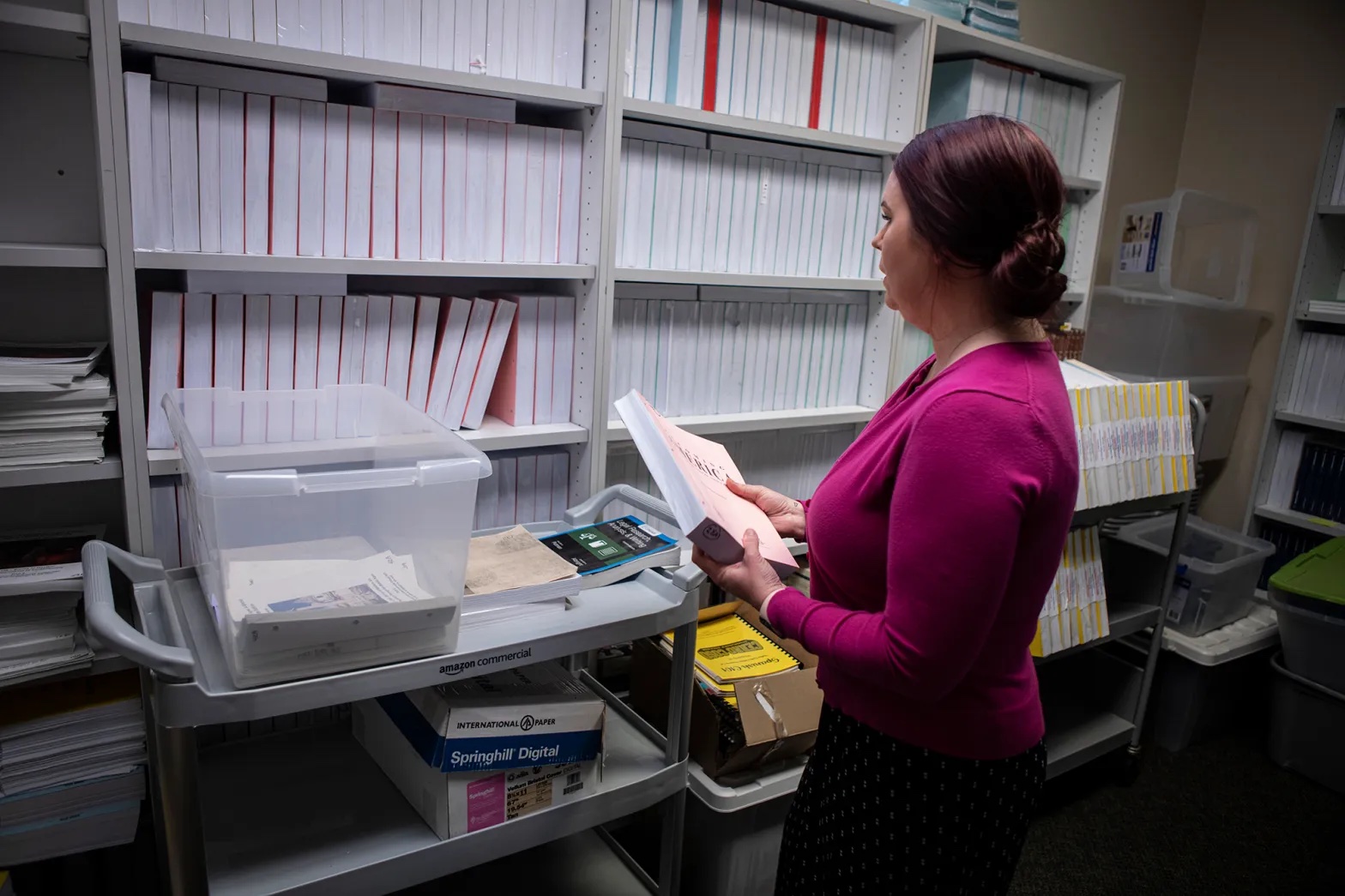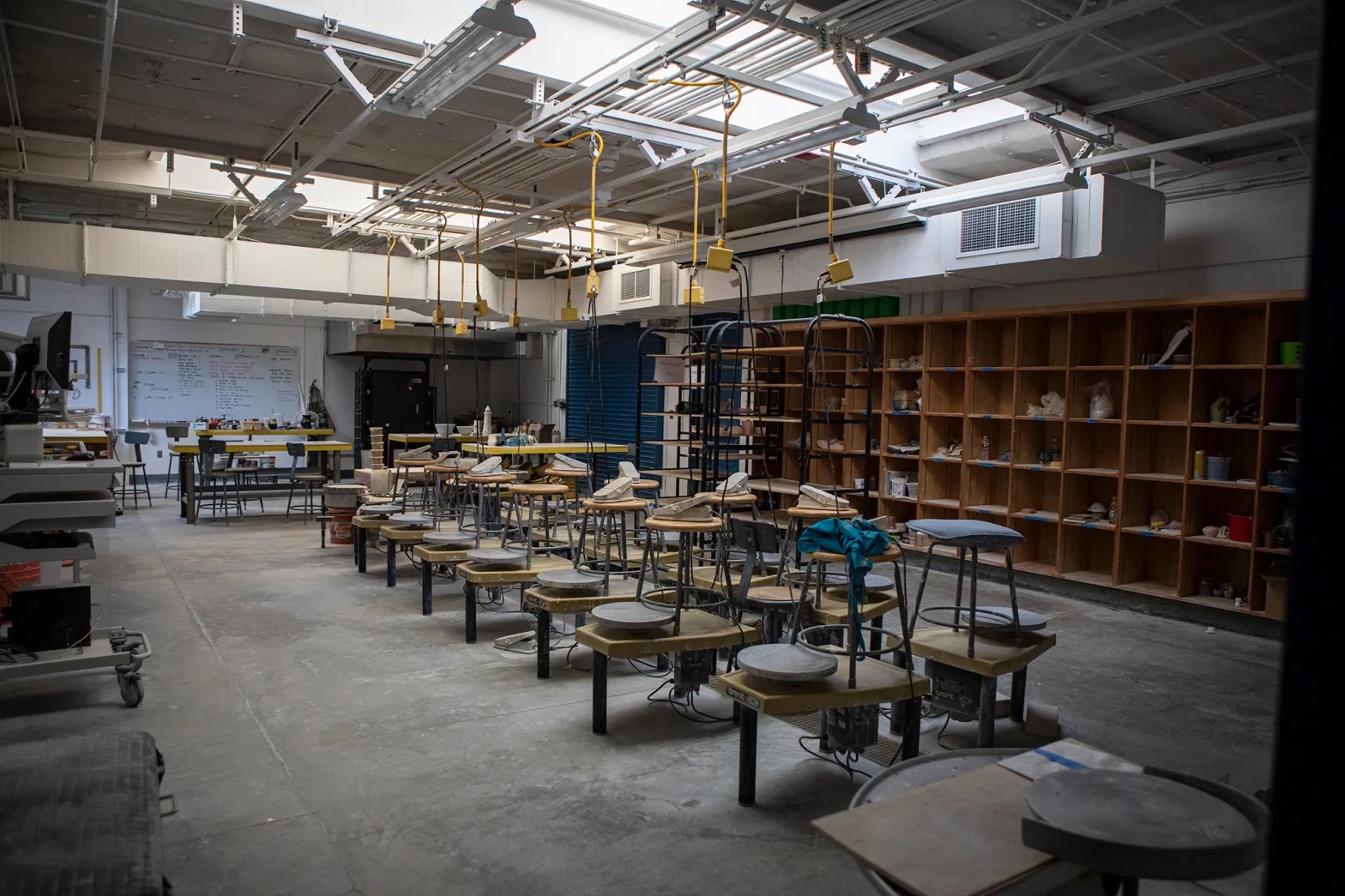As California closes three more prisons and downsizes six others, some people incarcerated there aren’t ready to go. They are worried about the future of their educations.
For more than 1,500 incarcerated people who attend college in these facilities, closures mean they could be transferred to a new prison where the courses may not line up or where they’re unable to continue their classes, leaving some students a few credits short of a degree. Education can offer tangible, real-world benefits to incarcerated people: They can earn degrees and gain merit credits that chip off time from a sentence. Research shows that prison education also reduces recidivism.
California’s shrinking prison population — the state had 160,000 people incarcerated in 2011, down to just 96,000 as of May 10, 2023 (PDF) — has also created an unexpected problem for the state’s community college system, which has developed special programs to help those in prisons earn degrees. Palo Verde Community College in Blythe, for example, draws almost half of its students from the nearby prison.
As the prisons close down, at least three community colleges stand to lose more than 10% of their student enrollment and millions of dollars in state funding, collectively.

Gov. Gavin Newsom has been interested in closing prisons since at least 2019. Since then, the state has closed one in Tracy and nearly finished closing another Susanville.
Last December, the California Department of Corrections and Rehabilitation said it would close a prison in Blythe and end the contract with a private prison company in California City. The corrections department also said it would close parts of six other prisons throughout the state.
In a statement to CalMatters, the corrections department said that it is committed to preventing “academic disruption” for students at the closing prisons and pointed to the work of the Rising Scholars Network at the California Community College Chancellor’s Office, which oversees various higher education programs across all of the state’s 34 adult prisons.
But local community college administrators say communication from the corrections department is limited and that they have few resources to help incarcerated people who fall through the cracks.




